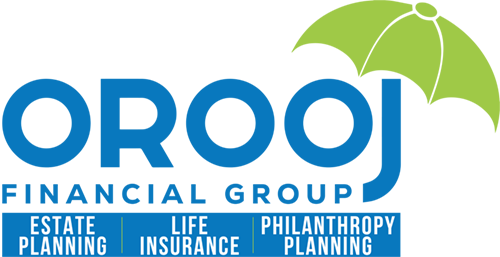If you’re earning income through short-term rentals like Airbnb, it’s crucial to understand how the CRA handles taxes in this area. Recent rulings emphasize that consistent short-term rentals may subject your property to tax implications similar to commercial properties. Here’s an overview to help you navigate these rules:
What is the CRA Short-Term Rental Tax?
Short-term rental income is taxable and must be reported to the CRA. Rentals for fewer than 30 consecutive days fall under taxable goods and services, requiring hosts to charge GST/HST if annual revenues exceed $30,000. However, if you sell a property used primarily for short-term rentals, you may also face a 13% HST on the entire sale price.
Key Considerations for Airbnb Hosts
- Track Rental Income:
Document all income and expenses related to short-term rentals to ensure accurate tax filing. Report this income. - Understand HST Obligations:
Rentals exceeding $30,000 annually require GST/HST registration. Failing to comply can result in penalties. - Property Use Conversion:
Switching a property from short-term rental to personal use or long-term rental may trigger self-assessed HST based on its fair market value. - Selling Your Rental Property:
Properties primarily used as short-term rentals may require HST payment upon sale. Consulting a tax professional can help manage this.Steps to Stay Compliant
- Keep Detailed Records: Maintain clear records of all income, expenses, and rental durations.
- Plan for Taxes: Budget for potential HST costs if you sell or convert the property.
- Seek Expert Advice: Consulting a financial advisor or tax professional can help optimize your strategy and minimize liabilities.
Short-term rentals can be a lucrative venture, but understanding and adhering to CRA rules is essential to avoid surprises. If you’re unsure about your tax obligations, consult a professional today.




